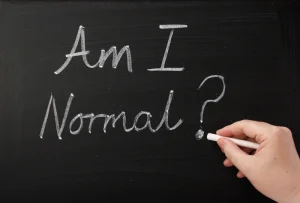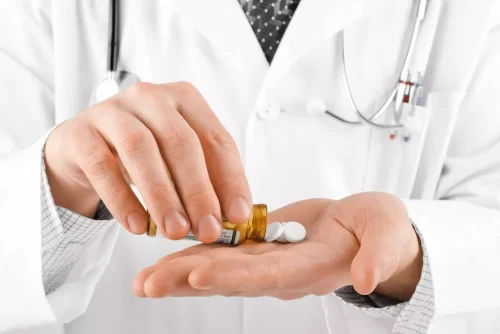
As mentioned above, it has been hypothesized that the chronic intake of alcohol induces a dopamine deficit state in the brain reward system and that this dysfunction may drive craving and relapse to drinking [101, 18, 19]. In outbred rodents, however, the effects on the mesolimbic dopamine system following chronic alcohol treatment are inconsistent [102]. One possible explanation for these discrepancies may be that most preclinical studies to‐date have used forced alcohol administration which introduces an element of stress and artefact into the experiment, casting doubt on the applicability to our understanding of human alcohol dependence.
- Pavlovian conditioned responses to alcohol cues in rodents provide a model of alcohol AB that allows direct measurements and mechanistic manipulations of the neural circuitry underlying AB [20,21,22].
- Opioid peptide antagonists would interfere with this process, thereby reducing dopamine release.
- Therapy sessions will teach you coping techniques to deal with the triggers that fuel drinking.
- When discussing the consequences of alcohol’s actions on the brain, researchers frequently use terms such as motivation, reinforcement, incentives, and reward.
Dopamine’s Role in Behavior
These varying results may be due to the use of different animal models or different research protocols. The dopamine (DA) system in the CNS includes the nigrostriatal pathway, the mesolimbic pathway and the tuberoinfundibular pathway. Dopamine is mainly produced in the substantia nigra, projected along the nigrostriatal pathways and stored in the striatum. All of them function both individually and interactively as G-protein coupled receptors. Traditionally, abstinence has been viewed as the primary goal when treating alcohol dependence. However, relapse rates remain alarmingly high for those seeking total abstinence through traditional 12-step programs and rehab.
P/T depletion effects on frontolimbic FC

Our knowledge of ethanol use and abuse thus relies on understanding its effects on the brain. Scientists have employed both bottom-up and top-down approaches, building from molecular targets to behavioral analyses https://ecosoberhouse.com/ and vice versa, respectively. This review highlights current progress in the field, focusing on recent and emerging molecular, cellular, and circuit effects of the drug that impact ethanol-related behaviors.
Your Brain on Alcohol

To gain information about serotonin levels in the brain, physicians and researchers have measured the concentrations of serotonin breakdown products generated after the neurotransmitter has been removed from the synapse (i.e., serotonin metabolites). Motivational arousal is a state variable; it regulates readiness to respond to external stimuli. While rewards and punishers elicit responses regardless of emotional state, it is predictors of rewards or punishers that depend on motivational arousal.
Cellular Actions of Dopamine

In resting animals, it is pacemaker firing that varies as a function of internal state and determines when, and to what degree, the animal responds to reward-predictors. Burst-firing can also influence motivational arousal; consider the does alcohol increase dopamine behavior of an animal when a pheromone-emitting conspecific passes nearby. Motivational arousal varies over time and, in resting animals, determines when a previously sated animal starts to become hungry and interested in seeking food.
Professional development
Barbiturates and benzodiazepines Much less is known about self-administered doses of barbiturates or benzodiazepines. Barbiturates [148, 149] and benzodiazepines [150, 151] are self-administered both intravenously and intracranially into the VTA [152, 153] by animals. Benzodiazepines increase VTA dopamine neuron firing and induce LTP in glutamatergic inputs to VTA dopamine neurons through positive modulation of local GABAA receptors [154–157]. At experimenter-selected doses they elevate dopamine levels [158–161] and it has been suggested that they are addictive for this reason [24]. The GAL4 transcription factor can then activate any UAS-based reporter or effector transgene in a spatiotemporal specific expression fashion.
Neurotransmitters in alcoholism: A review of neurobiological and genetic studies



